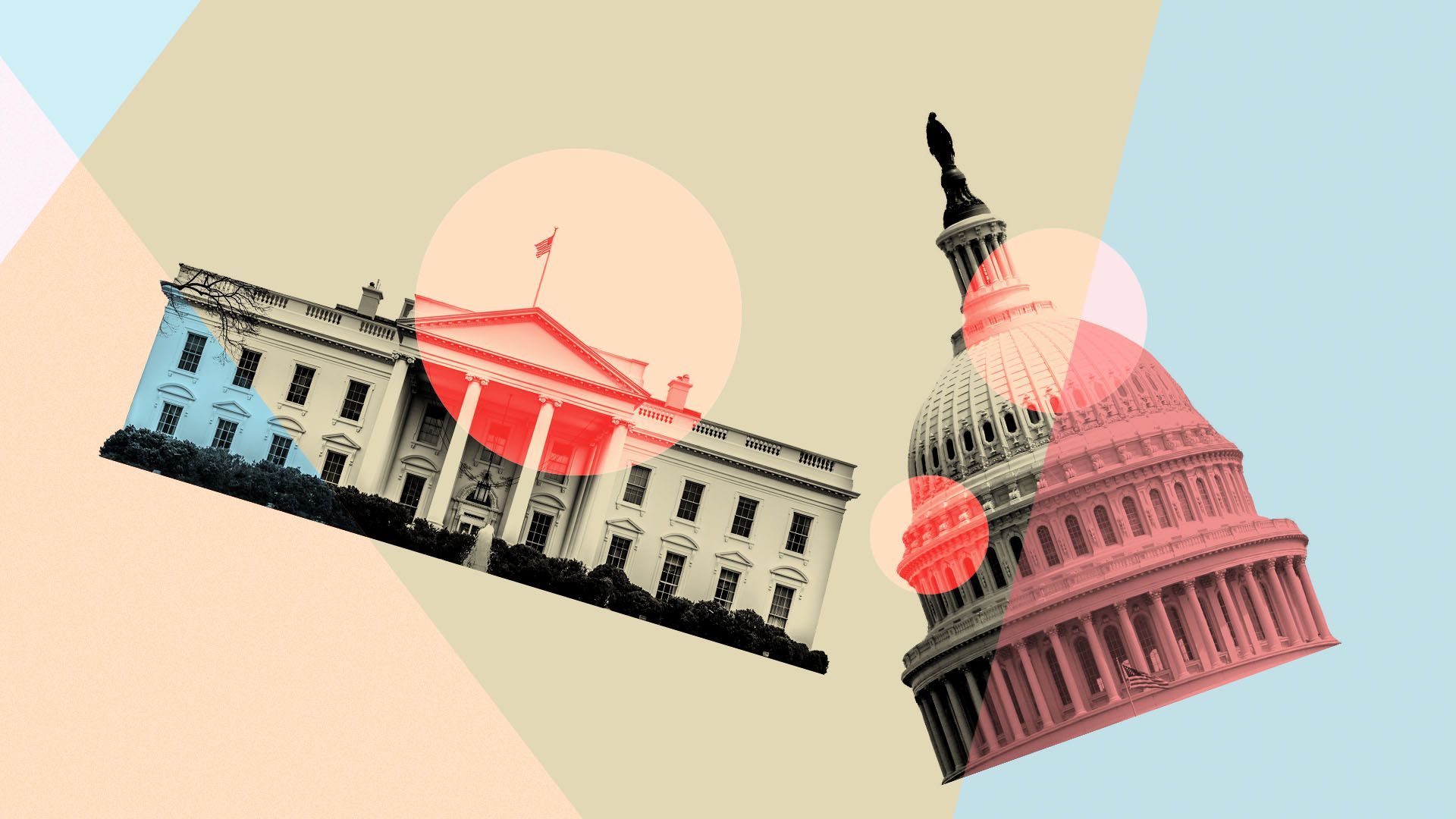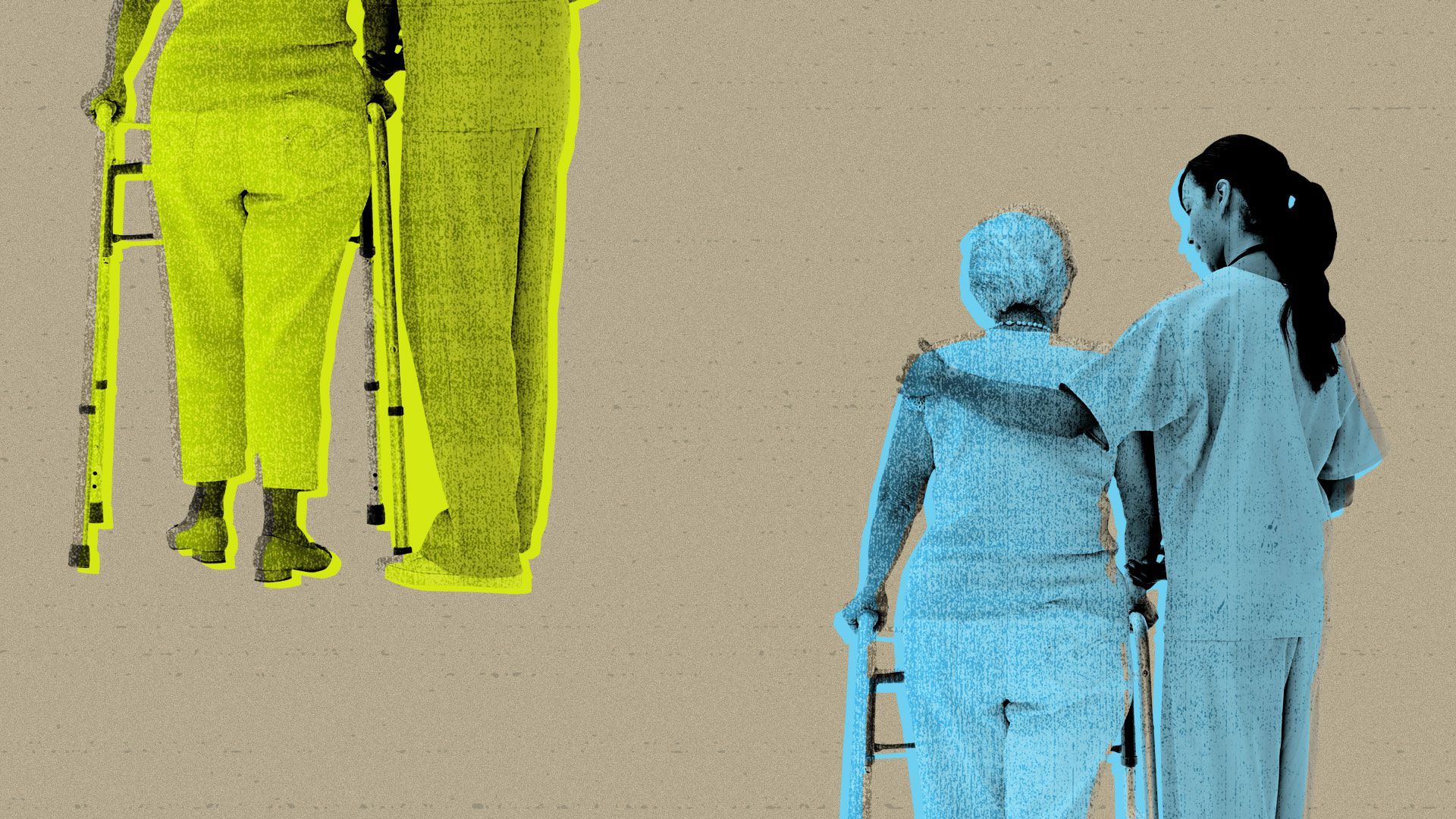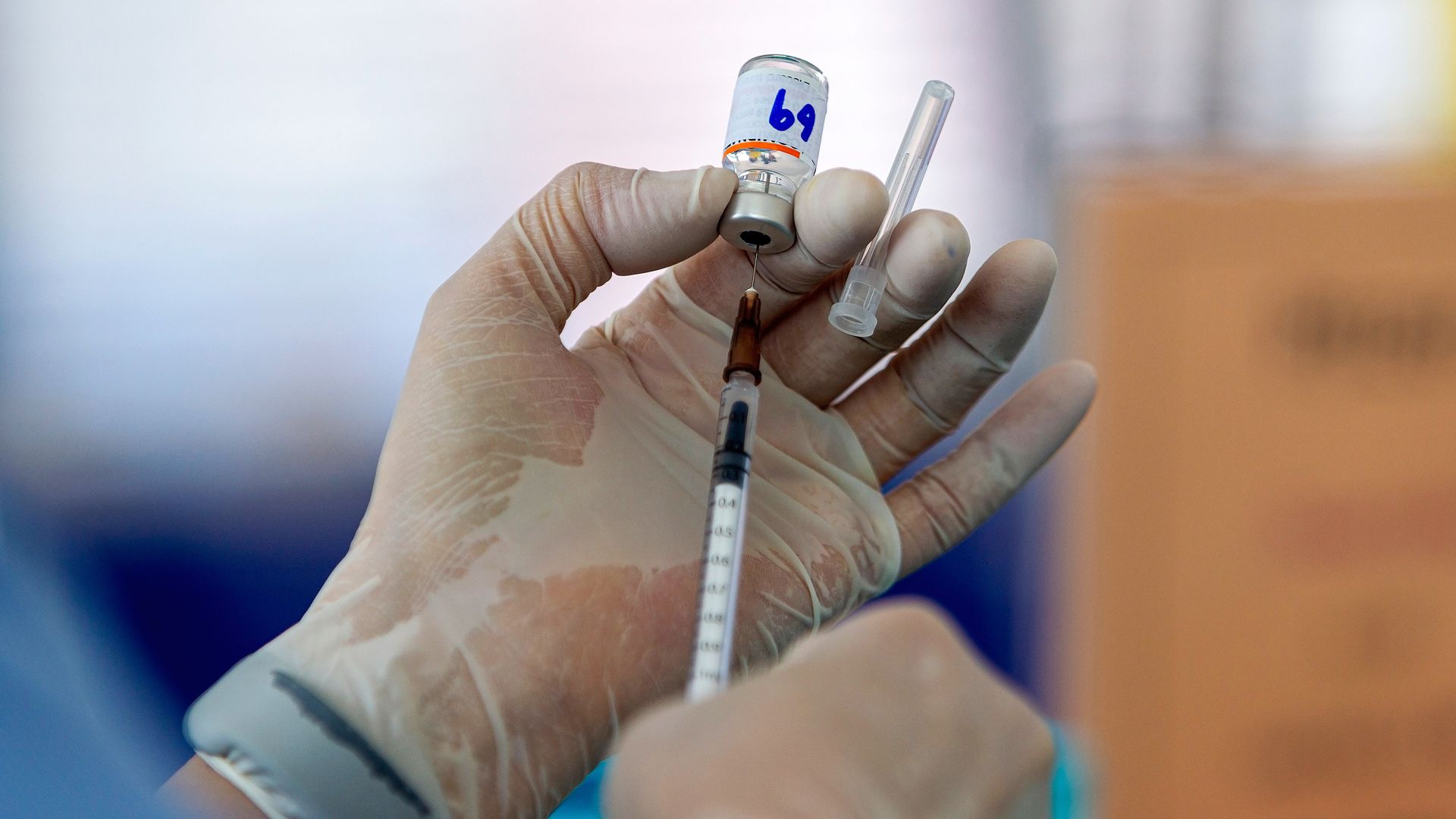| Health insurers that sell private Medicare plans collected $12 billion more caring for seniors in 2020 than it would have cost in traditional Medicare, Axios' Adriel Bettelheim writes based on a report from the Medicare Payment Advisory Commission. - It shows the need for major payment reforms, according to the report.
Why it matters: Overpaying the Medicare Advantage plans as their enrollment continues to grow threatens Medicare's long-term finances. Go deeper: MedPAC laid blame on aggressive medical record coding, specifically "risk scores" that insurers assign to members based on the medical conditions they have. The higher the risk score, the more conditions, and the more money the insurer gets for covering them. The big picture: Backers of reforms worry Medicare is turning into a marketplace of private plans with a public plan as a backup option. From 2018 to 2021, the share of eligible Medicare beneficiaries enrolled in Medicare Advantage rose by 3 percentage points per year, from 37% to 46%, MedPAC said. Yes, but: The insurers argue they're providing more benefits than in traditional Medicare — nearly $2,000 in extra coverage annually that traditional Medicare enrollees can't get unless they buy additional coverage. Medicare Advantage plans also limit out-of-pocket costs. | 








No comments:
Post a Comment